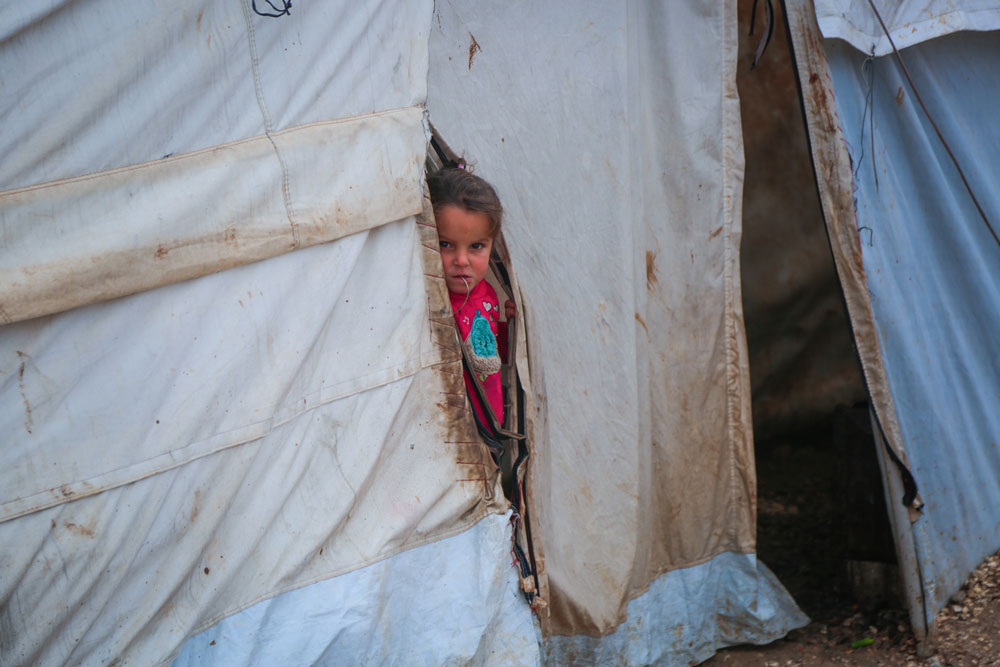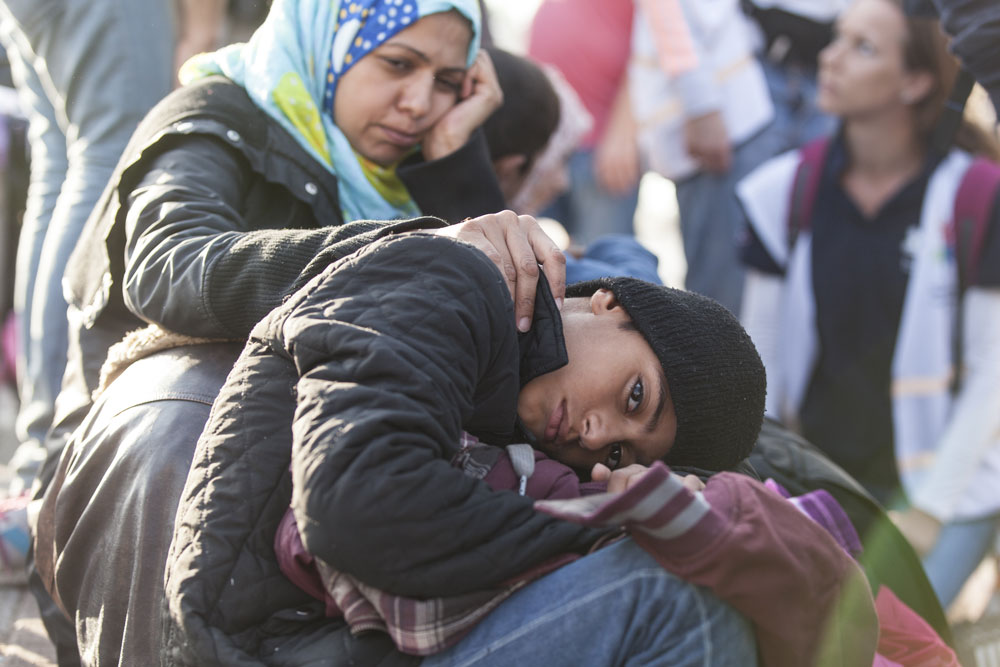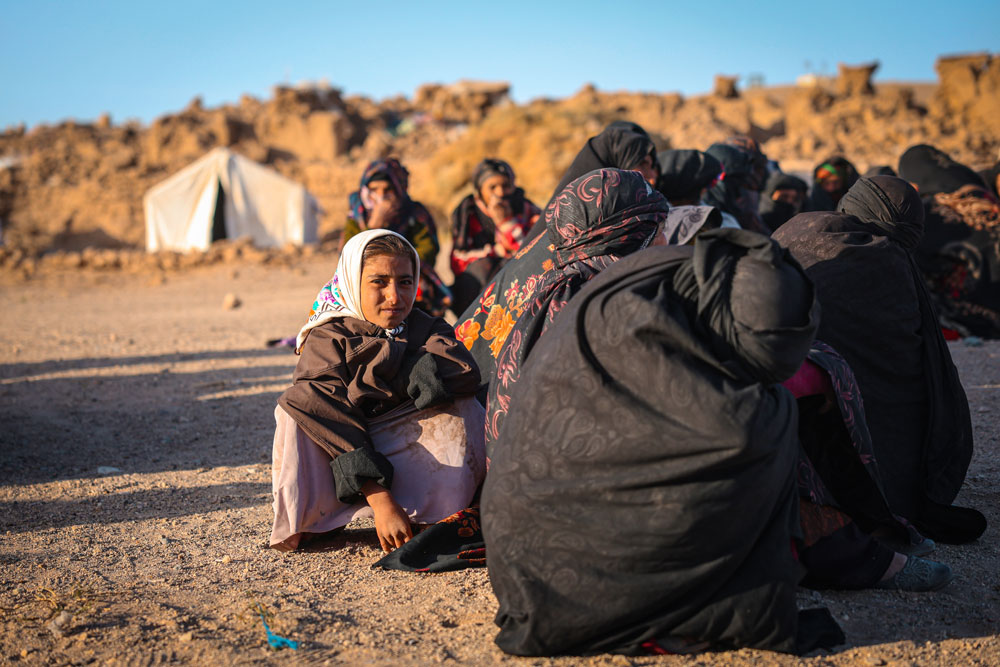Across the globe, an estimated 308 million people in 73 countries need humanitarian assistance - a number that continues to climb amid escalating conflict, climate change, food insecurity and disease outbreaks.
In times of crisis, women and girls bear the brunt. From preventable pregnancy-related deaths and rising malnutrition to alarmingly high rates of sexual violence, their needs are often sidelined. Yet, even as the urgency grows, humanitarian funding is shrinking - threatening the very services that women rely on to survive and rebuild.

A new report by UN Women, titled At a Breaking Point: The Impact of Foreign Aid Cuts on Women's Organizations in Humanitarian Crises Worldwide, paints a stark picture. Based on a global survey of 411 women-led and women’s rights organisations across 44 crisis-affected regions, the findings reveal that 90 per cent of these organisations have been impacted by funding cuts.
In India, too, grassroots women’s groups play a pivotal role in crisis response, whether during the COVID-19 pandemic, floods, or extreme heatwaves. A report by UN Women India in 2020 found that women’s organisations were at the forefront of delivering food, menstrual hygiene products, and psychological support to affected communities during the pandemic. Yet, many of these organisations struggled with limited or inconsistent funding, particularly in rural and conflict-prone areas.
Globally, nearly half (47 per cent) of women-led organisations surveyed by UN Women said they may be forced to shut down within the next six months if funding levels do not improve. Over half (51 per cent) have already had to suspend key programmes, including those offering support to survivors of gender-based violence, access to health care, and life-saving protection services. Furthermore, 72 per cent have had to lay off staff - many at significant levels - curbing their ability to respond in communities that need them most.

The situation is no different in India. According to data from the Ministry of Women and Child Development, only around 1 per cent of the country’s total NGO funding goes directly to women-led organisations. This funding gap leaves many critical interventions, especially those in low-income or disaster-hit areas, hanging by a thread.
Despite these challenges, women’s organisations remain resilient. They continue to lead with courage, advocating for their communities, offering vital services, and rebuilding lives from the ground up. Their work is not just about gender equality - it’s a cornerstone of effective humanitarian response.
UN Women has called for urgent and sustained support for women-led organisations, warning that the global humanitarian system cannot function without them.
As crises grow more frequent and complex, investing in women’s leadership is no longer optional. It’s a necessity - one that holds the power to transform recovery and resilience for millions of women and girls worldwide, including those in India.
